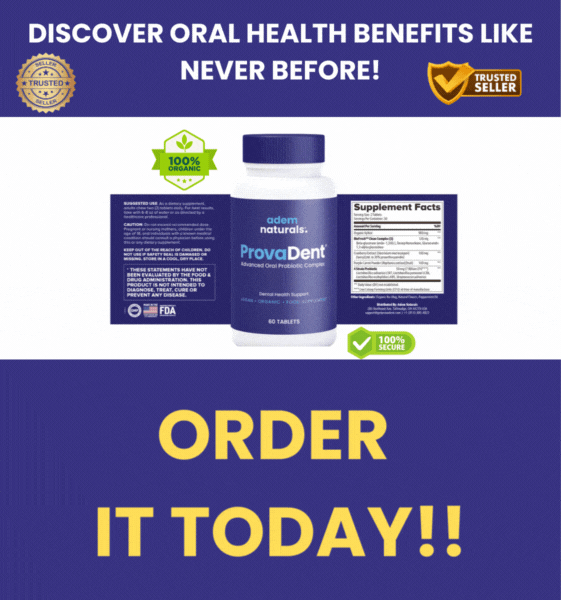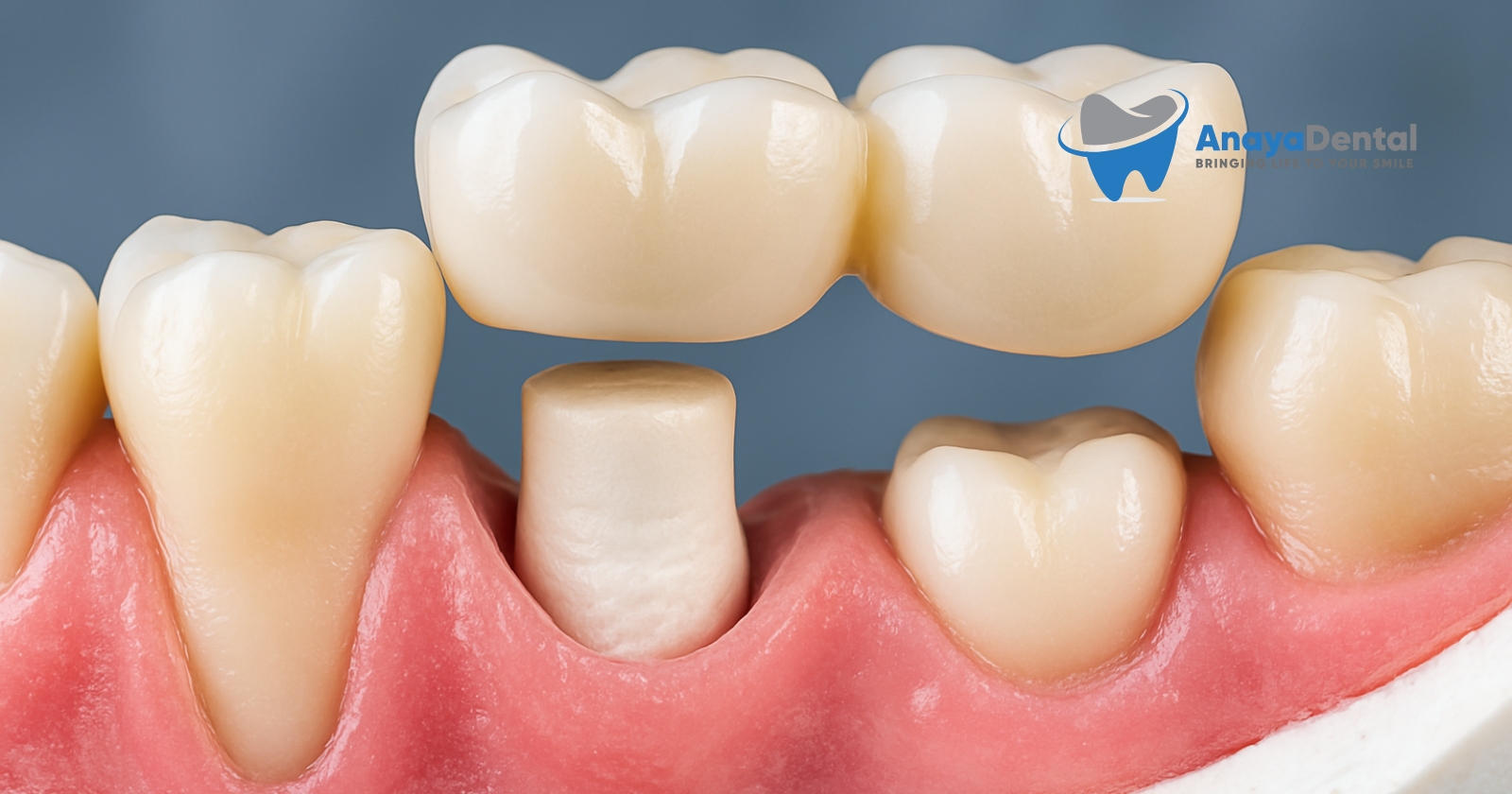Are you considering dental restoration options that combine durability with minimal tooth reduction? Gold foil restorations—specifically the D2410 single-surface treatment—might be the premium solution you haven’t considered. This traditional technique offers remarkable longevity that many modern alternatives struggle to match.
What Exactly Is a D2410 Gold Foil Restoration?
A D2410 gold foil restoration is a dental procedure where pure gold foil is carefully condensed into a prepared cavity on a single surface of your tooth. Unlike gold crowns or inlays that require laboratory fabrication, gold foil is placed directly by your dentist during a single appointment.
This procedure is identified in dental coding systems with the specific code D2410, which represents a one-surface gold foil restoration. The “one surface” designation indicates that the restoration addresses decay or damage on just one aspect of your tooth—typically a small pit or shallow cavity.
Try Our Dental Calculators
Historical Context of Gold Foil in Dentistry
Gold foil has been utilized in dentistry for over 150 years. Before modern restorative materials became available, gold foil was the premium choice for durable, long-lasting restorations. Today, while less commonly performed, the technique remains valued for its exceptional qualities and is still taught in select dental programs.
Dr. Richard Tucker, a renowned dentist who refined gold foil techniques, notes: “When properly placed, gold foil restorations can last several decades with minimal wear or deterioration,” according to the Journal of Operative Dentistry.
The D2410 Procedure: What You Can Expect
The gold foil placement procedure requires significant skill and precision from your dentist. Here’s what the process typically involves:
- Preparation: Your dentist creates a small, precisely shaped cavity in the affected tooth.
- Isolation: Absolute dryness is essential, so rubber dam isolation is used.
- Gold preparation: Pure gold foil is shaped into small pellets or cylinders.
- Condensation: The gold is carefully condensed into the cavity using special instruments.
- Finishing: The restoration is burnished, polished, and adjusted for proper bite.
Most patients are surprised to learn that a D2410 procedure typically takes 60-90 minutes to complete due to the meticulous nature of the work.
Advantages of Choosing Gold Foil Restorations
Gold foil offers several distinct benefits that make it worth considering:
- Exceptional longevity: Gold foil restorations can last 30-40 years with proper care.
- Biocompatibility: Gold rarely causes allergic reactions and is well-tolerated by gum tissue.
- Minimal tooth reduction: Less healthy tooth structure is removed compared to crowns.
- Perfect marginal adaptation: Gold can be adapted perfectly to cavity walls, preventing leakage.
- Wear compatibility: Gold wears at a rate similar to natural tooth enamel, preventing uneven wear.
When Is D2410 the Right Choice for You?
Gold foil restorations are particularly suitable in these situations:
- Small Class I or V cavities (pits or surfaces near the gumline)
- Front teeth requiring small restorations where aesthetics aren’t the primary concern
- Patients with histories of failed composite restorations
- Situations where minimal tooth preparation is desirable
- Patients without metal allergies who prioritize longevity
The Cost Factor: What You Can Expect to Pay
D2410 gold foil restorations are considered premium dental procedures. You can expect to pay between $500-$1,200 per restoration, depending on:
- Your geographic location
- The dentist’s expertise with this specialized procedure
- The complexity of your specific case
- The current market price of gold
Insurance Coverage for D2410 Procedures
Most dental insurance plans categorize gold foil restorations as Type B or Major Restorative procedures, typically covering:
| Insurance Type | Average Coverage Rate | Typical Annual Limit |
|---|---|---|
| Basic Plans | 50% of UCR fees | $1,000-$1,500 |
| Premium Plans | 60-80% of UCR fees | $1,500-$2,500 |
| Discount Plans | 15-25% discount | No annual limit |
UCR refers to “Usual, Customary, and Reasonable” fees in your geographic area.
Financing Options for Your Gold Foil Restoration
If insurance doesn’t fully cover your D2410 procedure, consider these payment alternatives:
- Dental savings plans: Membership programs offering discounts on various procedures
- CareCredit or similar medical credit cards: Special financing for medical procedures
- Flexible Spending Accounts (FSAs): Tax-advantaged accounts for medical expenses
- Payment plans: Many dental practices offer in-house financing options
- Health Savings Accounts (HSAs): Tax-advantaged accounts for qualified medical expenses
Finding Dentists Who Perform Gold Foil Restorations
Not all dentists offer gold foil restorations due to the specialized training required. To find a qualified provider:
- Ask for referrals from your general dentist
- Contact dental schools with operative dentistry departments
- Inquire with your local dental society
- Search for dentists who are members of the Academy of Operative Dentistry
Alternatives to Consider
While gold foil offers exceptional benefits, you should also be aware of alternatives:
| Restoration Type | Longevity | Aesthetics | Cost Range | Appointment Requirements |
|---|---|---|---|---|
| Gold Foil (D2410) | 30-40 years | Noticeable gold appearance | $500-$1,200 | Single appointment, 60-90 min |
| Composite Resin | 5-10 years | Tooth-colored | $150-$300 | Single appointment, 30-60 min |
| Ceramic Inlay | 15-20 years | Tooth-colored | $650-$1,200 | Two appointments |
| Amalgam Filling | 10-15 years | Silver appearance | $120-$300 | Single appointment, 30 min |
Maintaining Your Gold Foil Restoration
To maximize the lifespan of your gold foil restoration:
- Maintain excellent oral hygiene with regular brushing and flossing
- Attend routine dental checkups every six months
- Avoid chewing extremely hard objects like ice or hard candy
- Use a nightguard if you tend to grind your teeth
- Consider fluoride treatments to strengthen surrounding tooth structure
Quick Review
Gold foil restorations (D2410 for one surface) provide an exceptionally durable solution for small dental cavities. While they require specialized dentist skill and command premium pricing between $500-$1,200, they offer unmatched longevity of 30-40 years and excellent biocompatibility. Insurance typically covers 50-80% of costs, with various financing options available for the remainder. Though less common today, this time-tested technique remains valuable for patients seeking minimal tooth reduction and maximum durability.
If you’re considering restoration options for a small cavity, discussing the gold foil alternative with your dentist might lead you to a solution that, while initially more expensive, proves more economical and less invasive over your lifetime.


